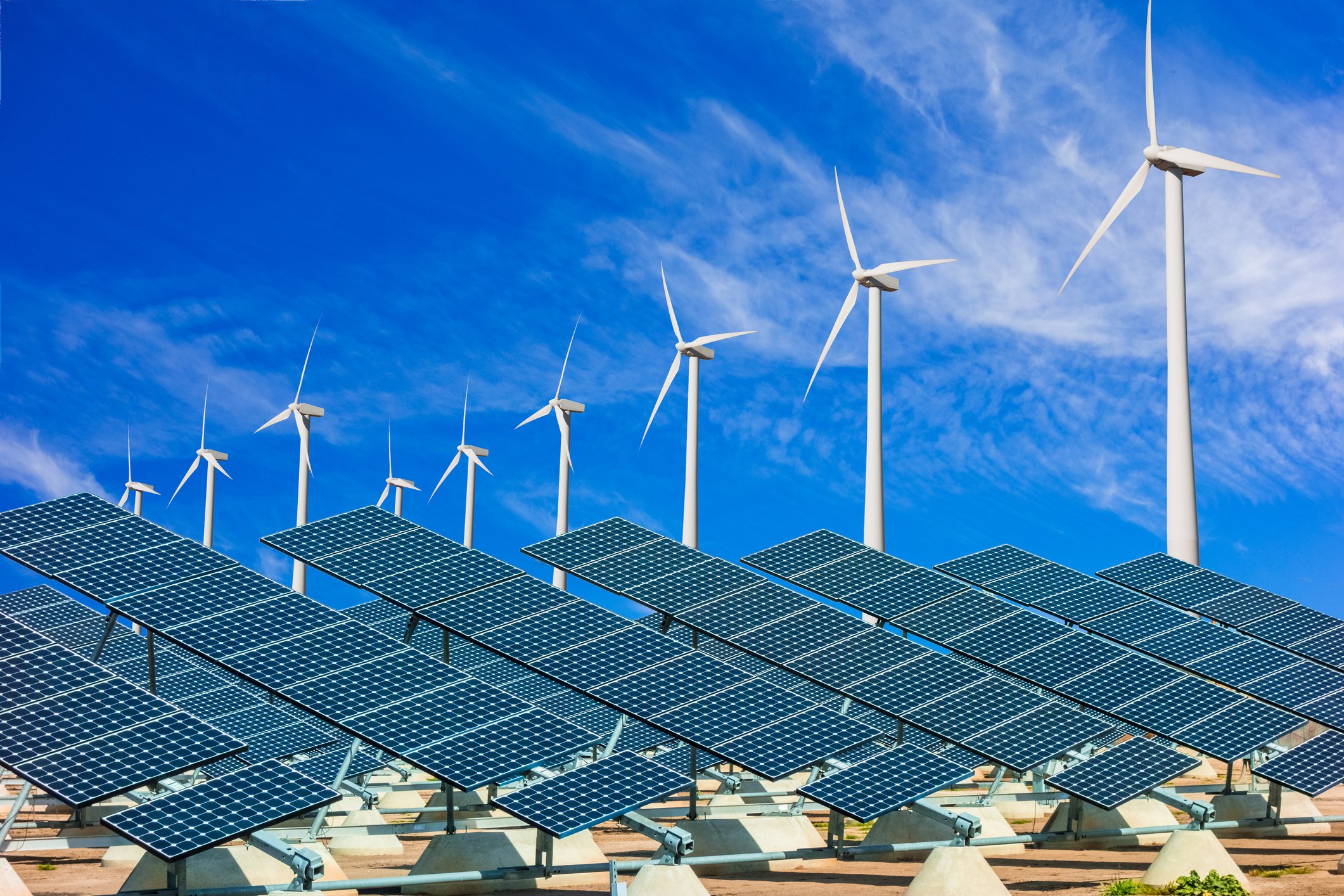Look around the market today and you can find quite a few companies that are trading at all-time highs. An improving economy and increasing corporate efficiency have led to a boom in profits. Nonetheless, it may be time to begin questioning whether some companies deserve their pricey market caps. Southern (SO +0.42%) is a perfect candidate for interrogation.
Not even a highly criticized nuclear project has kept Southern from capturing all-time highs. There are positives -- such as a dividend that's been increased for 12 years in a row -- to validate the company's success. But investors may be left asking, "Is Southern stock too hot to touch?"
The case for grabbing the oven mitts
Smoking the market is nothing new for Southern. Total annualized returns were 9.9%, 11.4%, and 16.3% for the five-year, 10-year, and 30-year periods dating to the end of 2011. In periods where growth slows or shares take a hit, investors can kick back and enjoy a dividend yield that exceeds 4%. The dividend is pretty safe for this cash cow: Earnings per share have risen each year since 2009. You think management knows how to create shareholder value or what?
Investing in companies with vast energy generating capacity has generally been a pretty safe investment over the long-term.
DUK Total Return Price data by YCharts
Here's how each stacks up in current capacity:
|
Company |
Generating Capacity |
|---|---|
|
Duke Energy (DUK +0.25%) |
57,700 MW |
|
Southern |
45,740 MW |
|
Exelon (EXC +0.16%) |
34,650 MW |
|
NextEra (NEE 0.17%) |
17,771 MW |
Source: Respective companies.
The smaller your reference period, the more volatile the charts become. That's because larger companies can't respond as quickly to changing market conditions. For instance, Exelon has been floundering in the past year as nuclear generation, which makes up 55% of its capacity, has been pressured by over-subsidized wind power. NextEra hasn't complained, as it captures 55% of its capacity from wind turbines.
The point is that investors need to focus on the long term. Southern is doing just that. Rather than shy away from nuclear, the company is building the nation's first new nuclear reactors in more than 35 years at its Plant Vogtle nuclear facility in Georgia. Other project highlights include the nation's largest biomass generation plant in Texas, a massive wind-data study to determine the feasibility of wind farms across Alabama and Georgia, and a leading fleet of hydroelectric power generation. Balancing your energy portfolio while maintaining a profitable operation is easier said than done, but investors can find some solace in the company's impressive track record.
The case for letting it cool
Is nuclear a risk for Southern? Not in terms of pricing, since Southern is far from having Exelon's exposure to nuclear. Even when the two new reactors come online in Georgia in 2018, only 12% of the company's generation will come from nuclear. Although building nuclear facilities represents the bulk of costs associated with atomic energy, the short-term situation taking hold of the industry has forced Exelon to cut its dividend. However, Southern shouldn't face the same competition from wind thanks to its distance from the nation's Wind Belt.
The bad news may lie in the company's dependence on coal generation. Yes, coal is ridiculously cheap right now. Yes, it will continue to buffer rising natural gas prices. The problem is that the country's largest coal regions aren't very far from the largest shale gas reserves. That's potentially some pretty bad news for Duke and Southern, which rely on coal for 46.2% and 36% of generation, respectively.
So far, a loss of appetite for coal power in recent years hasn't hurt Southern or Duke: Each has more than doubled the returns of the S&P 500 in the past five years. Will they have time to continue their transition to other sources of energy? Or will the long-term slide catch up with them in the end? I'm not so sure coal will ever regain its dominant share of American energy generation with continually low natural gas and decreasing costs of renewable energy. Investors will have to keep an eye on the costs of retiring coal plants or even writing off the assets altogether.
Foolish bottom line
Do the risks outweigh the rewards for investors in Southern Company stock? If the past five years are any guide, then it appears coal is not going to derail earnings growth. I also don't see the company's low-cost nuclear power being as risky as others believe. Long-term investors shouldn't have any problem capturing gains from this leader in American energy. I can't promise that shares won't cool off from their all-time highs in the near term, but timing the market isn't a major concern for buy-and-hold investors.










